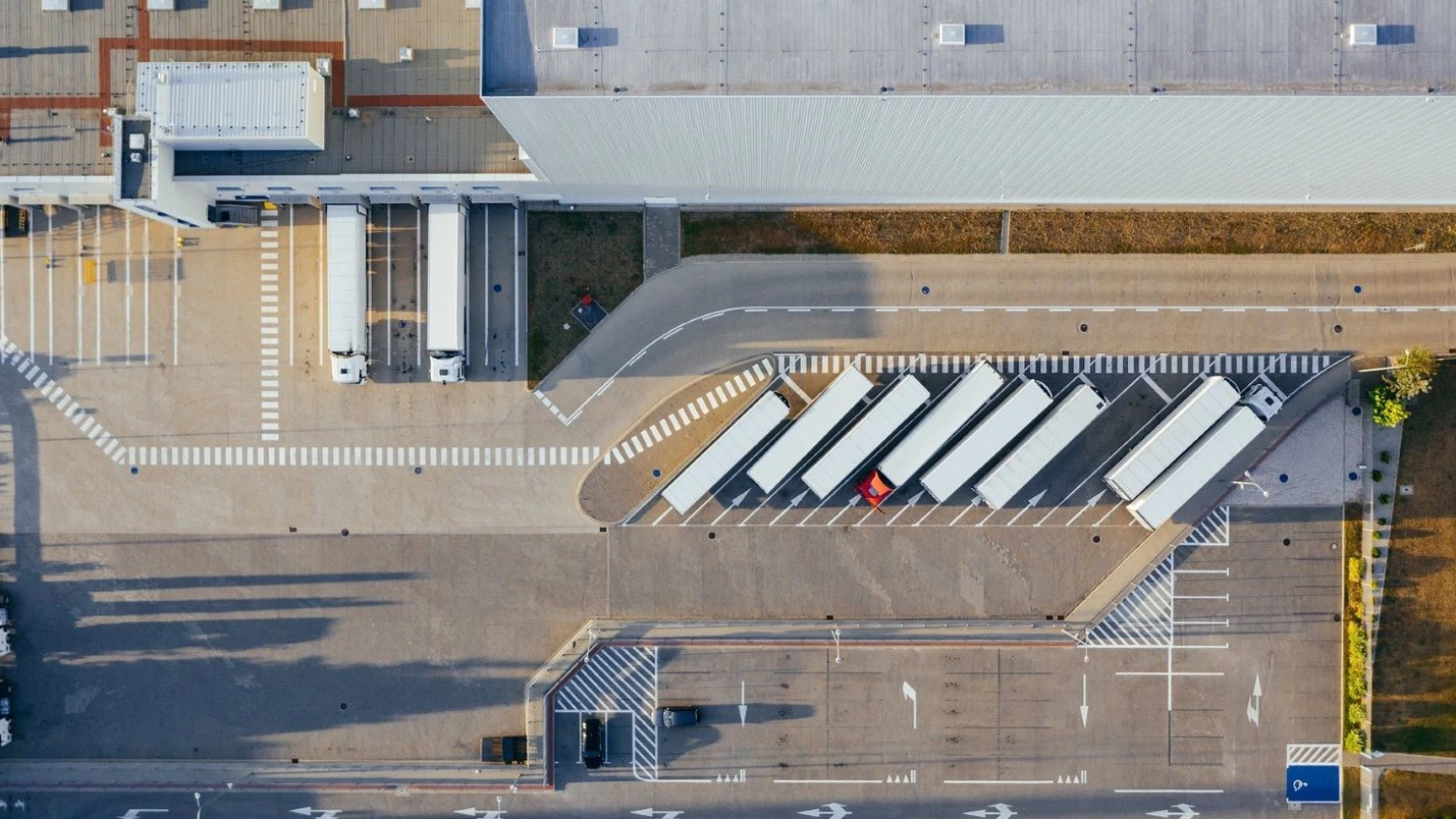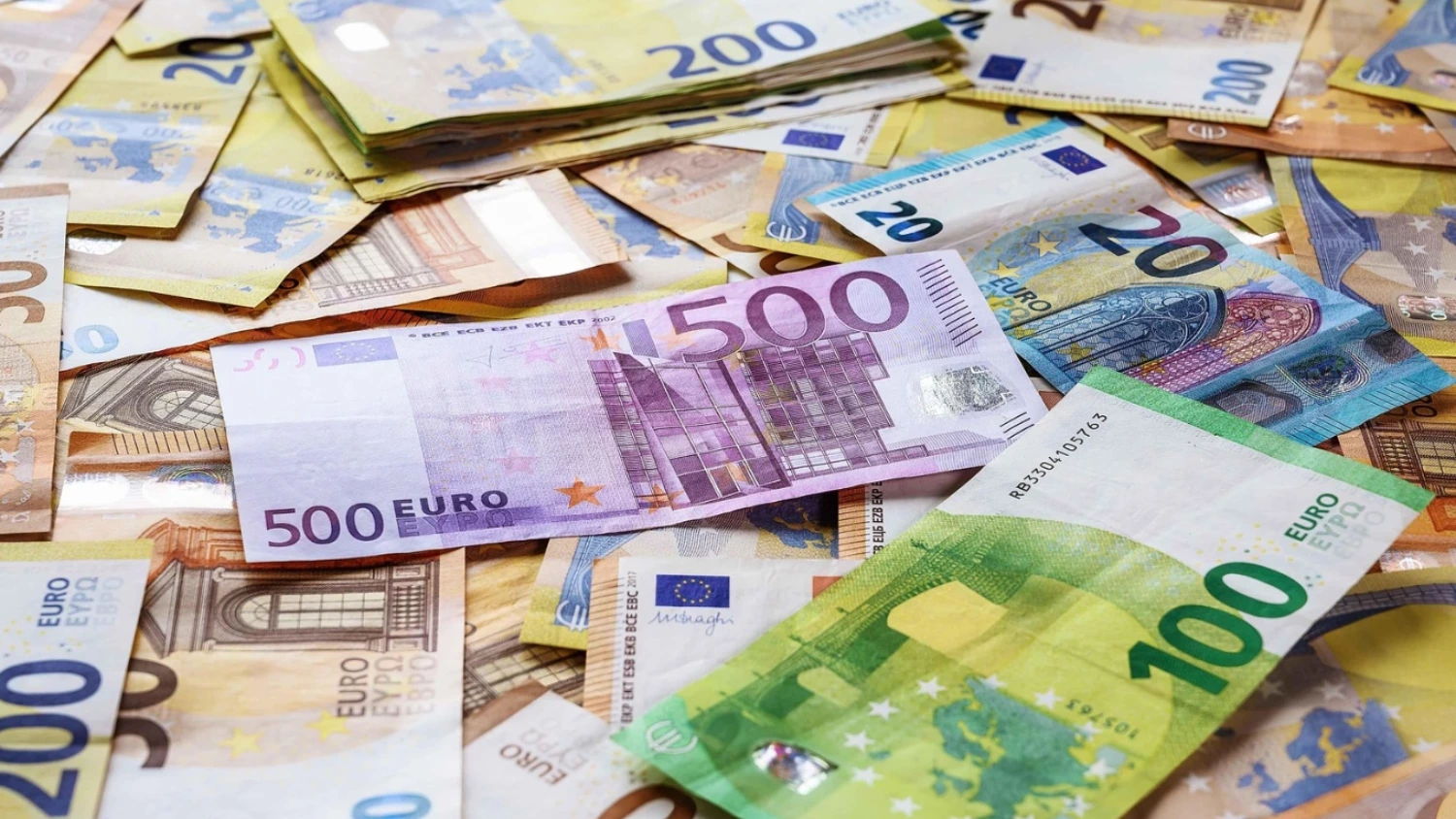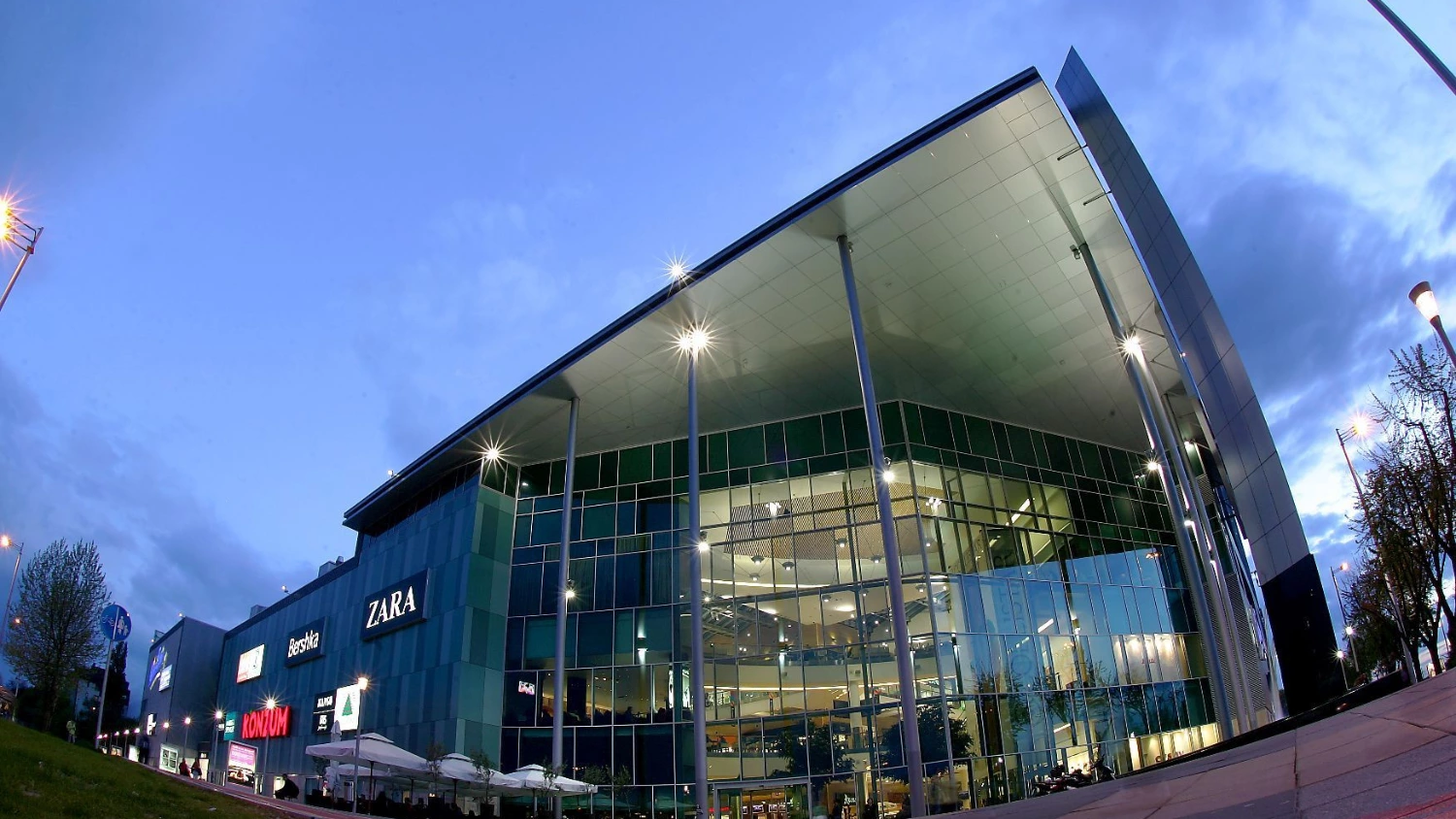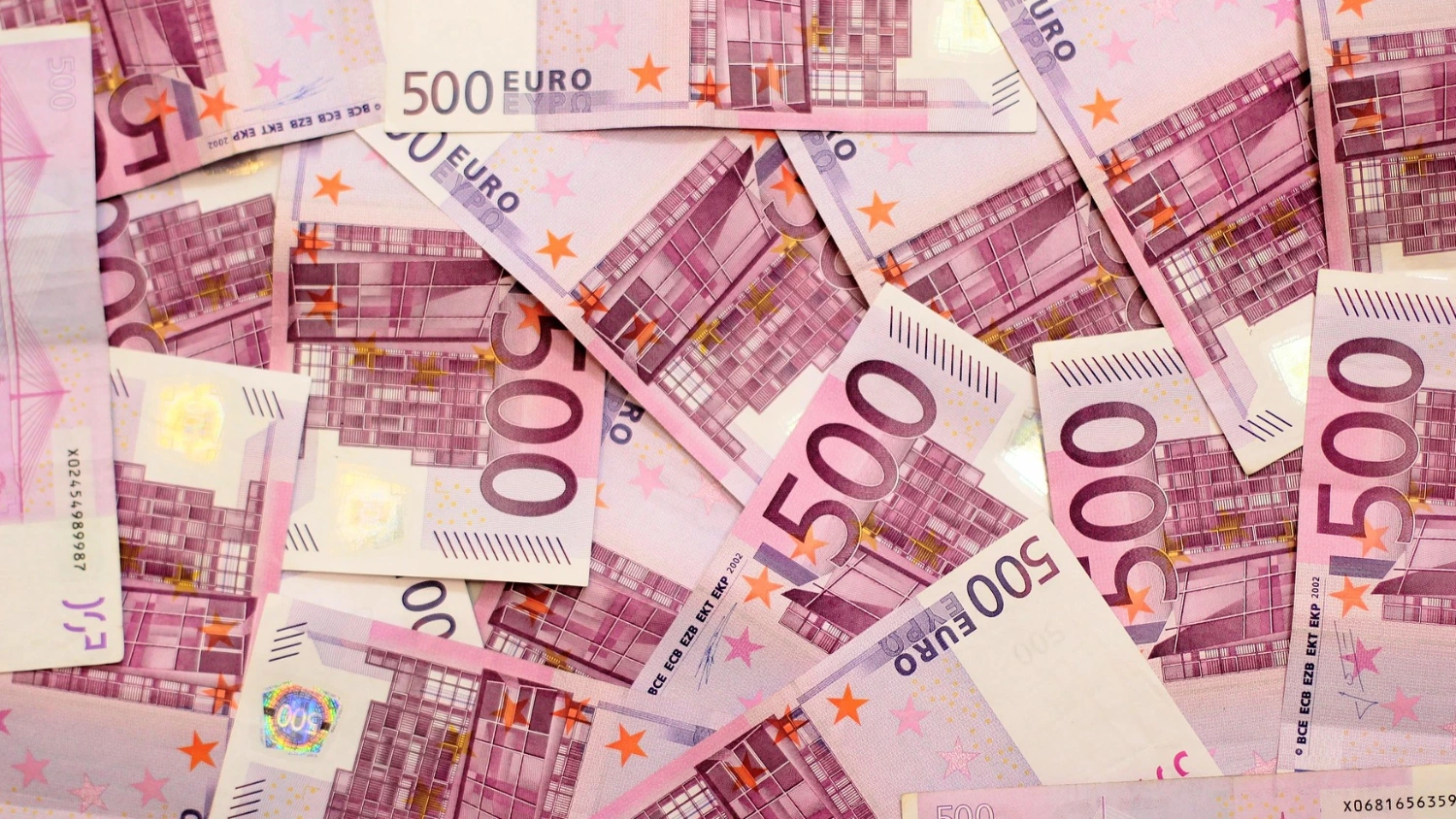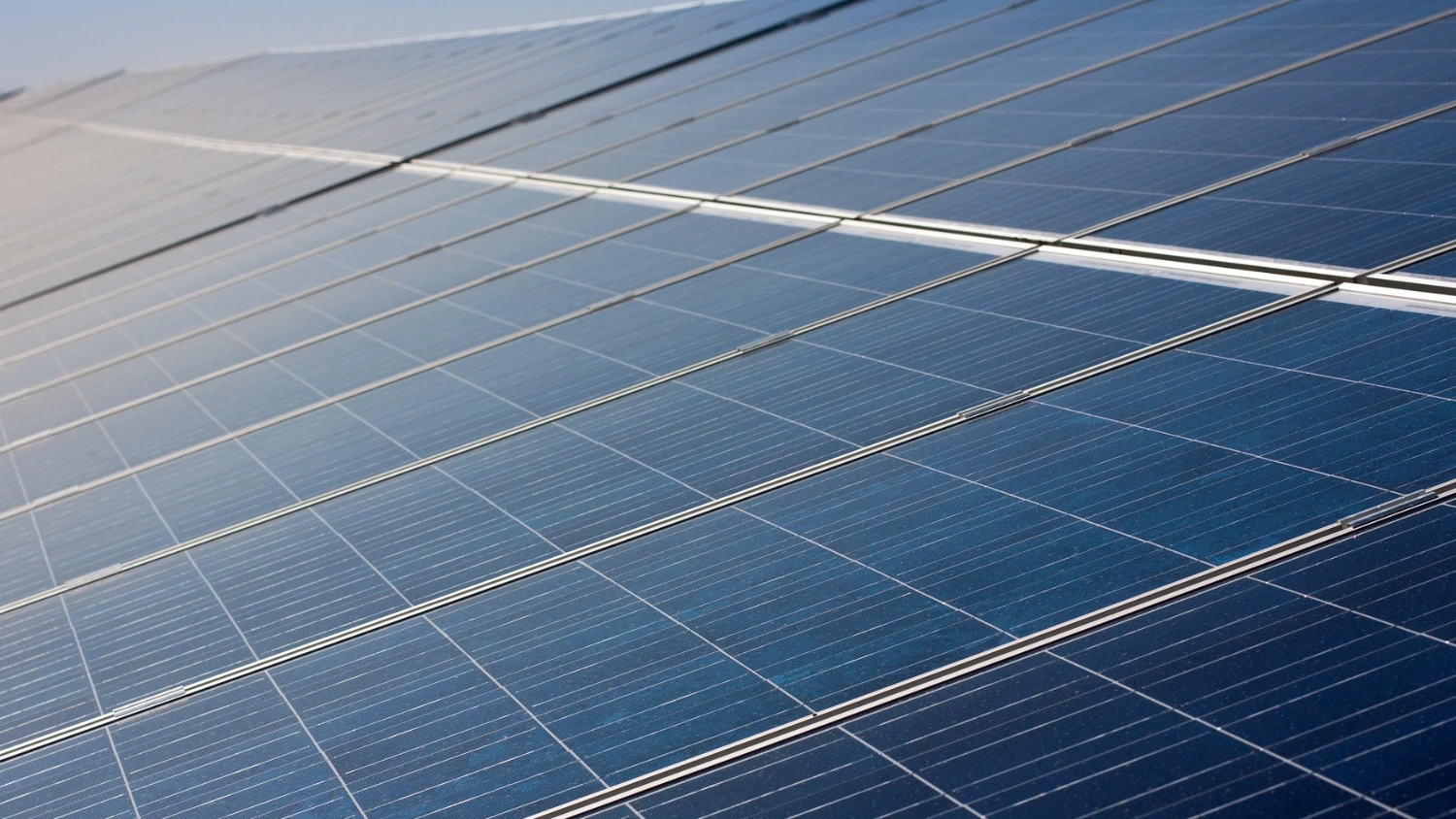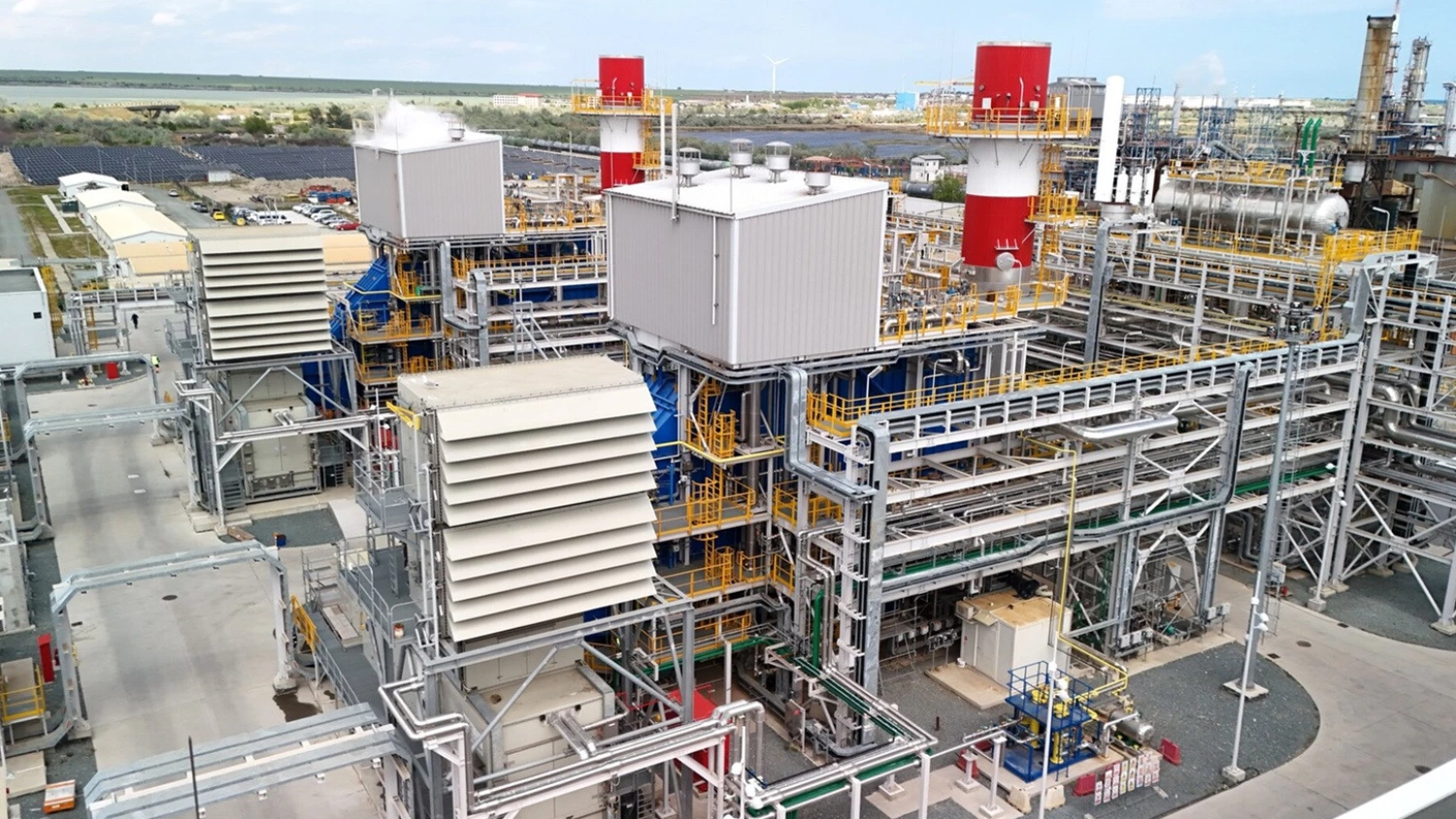The region's resilience is increasingly driven by household consumption, supported by moderating inflation and real wage growth. Recent data highlights the diversity of recovery patterns across the CEE-6, Baltic states, and Western Balkans, as the report “ExCEEding Borders CEE 2025: Retail parks: Diverse Growth, Shared Momentum” by Colliers reveals.
Bulgaria leads with 6.8% retail sales growth in June, while Poland posts 4.8% growth in July, boosted by durable goods demand. Czechia and Hungary show steady spending momentum, while Romania and Slovakia face slower recoveries due to wage pressures and fiscal tightening.
In the Baltics, Lithuania's 5.1% rebound contrasts with more cautious recoveries in Estonia and Latvia. Meanwhile, the Western Balkans, led by Croatia and Montenegro, benefit strongly from tourism and EU integration.
Declining inflation remains the key enabler of consumer recovery, with most countries expected to see further easing into 2026. Shifting consumer behaviour—toward value-oriented shopping, discounters, and services—aligns the region closer to Western European patterns, while online retail penetration stabilises at elevated post-pandemic levels.
Parallel to these consumption trends, retail parks have emerged as one of the most dynamic and resilient real estate formats in CEE, the Baltics, and the Balkans. In mature markets such as Poland, Czechia, and Hungary, retail parks dominate suburban and regional retail landscapes, offering convenience and affordability.
Poland's retail park share has risen from 9% of modern retail stock in 2015 to 22% in 2025. In emerging markets like Romania, Serbia, and Bulgaria, rapid development is underway, often in smaller towns with limited modern retail options.
Anchored by discount and value retailers such as Pepco, Jysk, Lidl, and KIK, retail parks are increasingly diversifying with leisure, gastronomy, and community-focused services. Future growth is expected to centre on expansion into smaller towns and secondary cities, eSG-driven development with energy-efficient buildings, mixed-use integration combining retail, residential, and leisure, and cross-border investment strategies as regional portfolios scale.
“In the Czech Republic, the retail park segment continues to demonstrate remarkable resilience and adaptability. As household consumption recovers and consumers seek greater value and convenience, retail parks are emerging as preferred destinations—particularly in regional cities and underserved areas. Their affordability, accessibility, and growing integration of essential services position them as a cornerstone of the evolving retail landscape, and a defensive asset class in today's investment environment,” noted Katarina Brydone, Managing Director at Colliers in the Czech Republic.
Rental rates remain competitive, typically between €6–12 per sqm/month for food retailers and €6–14 for non-food tenants. Ownership strategies vary, with local developers dominating in most markets, while international players such as Saller Group, Immofinanz, CPI, BIG Group, and Pradera build multi-country portfolios.


